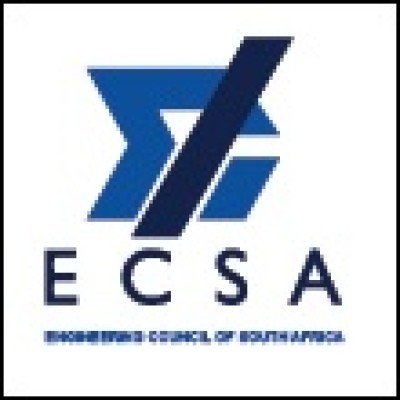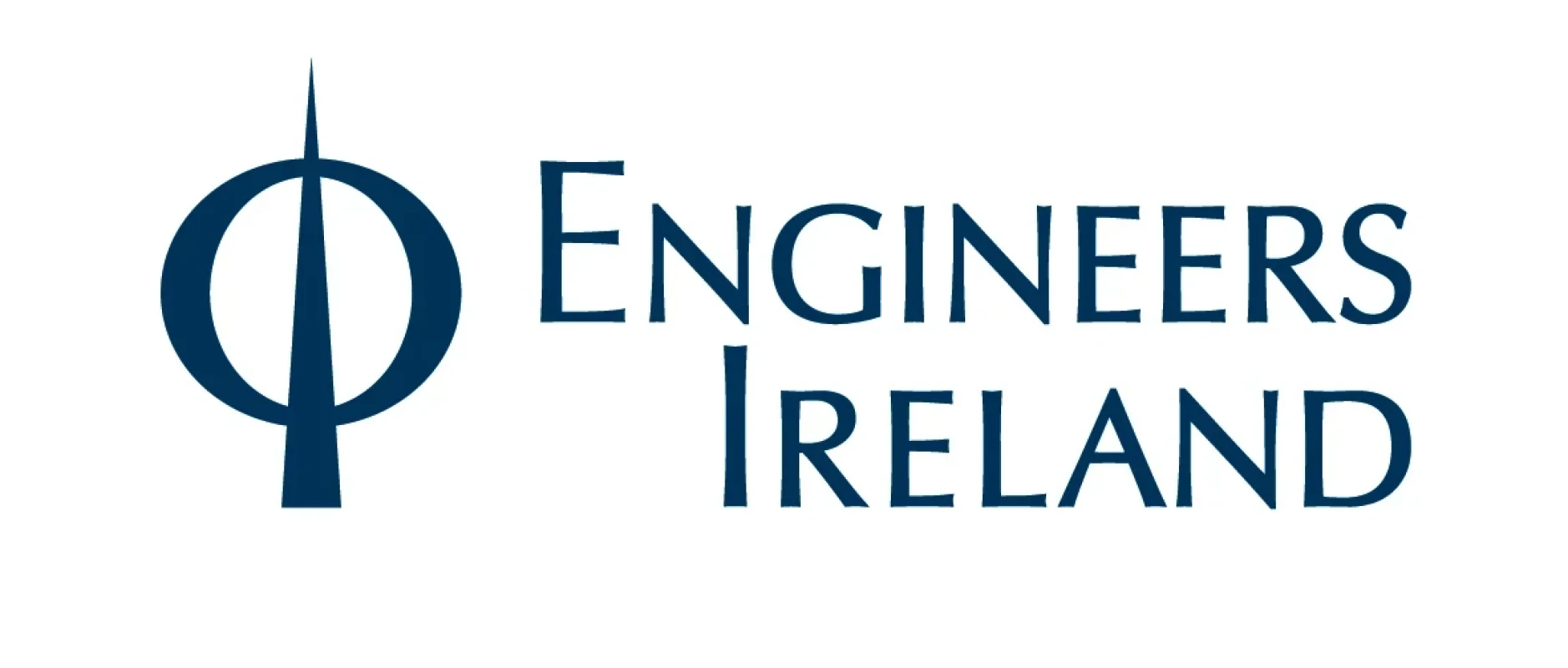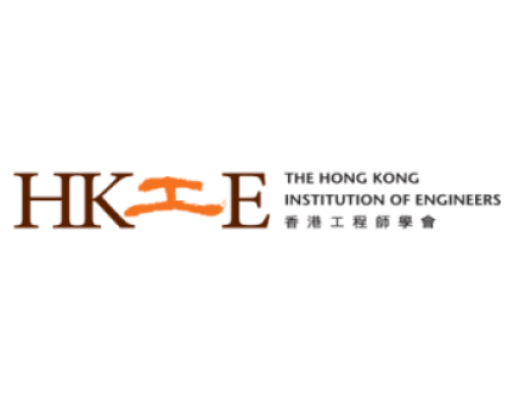The Sydney Accord is a global agreement between organisations that accredit engineering degree programmes. It focuses on recognising the qualifications needed to become an Engineering Technologist.
Overview
The Sydney Accord was signed in June 2001 by seven founding countries: Australia, Canada, Hong Kong, Ireland, New Zealand, United Kingdom, and South Africa.
Similar to other Accords, the signatories of the Sydney Accord are committed to improving and recognising good practices in engineering education. This particular Accord focuses on academic programs related to engineering technology.
It acknowledges the importance of accrediting these academic programs for the practice of engineering technology in the countries covered by the Accord.
The Accord highlights the significance of engineering technologists within broader engineering teams. While it primarily uses the term "engineering technologist," it recognises that these roles may have different names in specific regions. This can include titles like certified or applied science technologists, also known as associate or incorporated engineers.

"The Sydney Accord is the driving force for multilateral recognition of quality engineering technology education."
CEO, IEET (Former Sydney Accord Chair)
The Knowledge and Attitudes Profile
The Sydney Accord establishes knowledge and attitude profiles defining essential competencies for engineering technology practice. The knowledge profile covers applied engineering principles, mathematical foundations, and technical implementation skills. The attitude profile emphasises ethical reasoning, professional responsibility, and lifelong learning. Together, these profiles ensure graduates meet internationally recognised standards for engineering technology practice.

Natural and Social Sciences
A systematic, theory-based understanding of the natural sciences applicable to the sub-discipline and awareness of relevant social sciences

Mathematics
Conceptually-based mathematics, numerical analysis, , data analysis, statistics and formal aspects of computer and information science to support detailed consideration and use of models applicable to the sub-discipline

Engineering Fundamentals
A systematic, theory-based formulation of engineering fundamentals required in an accepted sub-discipline

Specialist Knowledge
Engineering specialist knowledge that provides theoretical frameworks and bodies of knowledge for an accepted sub-discipline

Engineering Design and Operations
Knowledge, including efficient resource use, environmental impacts, whole-life cost, re-use of resources, net zero carbon, and similar concepts, that supports engineering design and operations using the technologies of a practice area

Engineering Practice
Knowledge of engineering technologies applicable in the sub-discipline

Role of Engineering in Society
Knowledge of the role of technology in society and identified issues in applying engineering technology, such as public safety and sustainable development

Research Literature
Engagement with the current technological literature of the discipline and awareness of the power of critical thinking

Ethics and Conduct
Ethics, inclusive behaviour and conduct. Knowledge of professional ethics, responsibilities, and norms of engineering practice. Awareness of the need for diversity by reason of ethnicity, gender, age, physical ability etc. with mutual understanding and respect, and of inclusive attitudes
The Graduate Attributes profile
The International Engineering Alliance's Graduate Attributes and Professional Competencies framework establishes international benchmarks for engineering education, emphasising sustainability, ethics, and global competence recognition.

Engineering Knowledge
Apply knowledge of mathematics, natural science, computing and engineering fundamentals and an engineering specialization as specified in SK1 to SK4 respectively to defined and applied engineering procedures, processes, systems or methodologies.

Problem Analysis
Identify, formulate, research literature and analyse broadly-defined engineering problems reaching substantiated conclusions using analytical tools appropriate to the discipline or area of specialisation.

Design/Development of Solutions
Design solutions for broadly- defined engineering technology problems and contribute to the design of systems, components or processes to meet identified needs with appropriate consideration for public health and safety, whole-life cost, net zero carbon as well as resource, cultural, societal, and environmental considerations as required

Investigation
Conduct investigations of broadly defined engineering problems; locate, search and select relevant data from codes, data bases and literature, design and conduct experiments to provide valid conclusions

Tool Usage
Select and apply, and recognize limitations of appropriate techniques, resources, and modern engineering and IT tools, including prediction and modelling, to broadly-defined engineering problems

The Engineer and the World
When solving broadly-defined engineering problems, analyse and evaluate sustainable development impacts* to: society, the economy, sustainability, health and safety, legal frameworks, and the environment

Ethics
Understand and commit to professional ethics and norms of engineering technology practice including compliance with national and international laws. Demonstrate an understanding of the need for diversity and inclusion

Individual and Collaborative Team work
Function effectively as an individual, and as a member or leader in diverse and inclusive teams and in multi-disciplinary, face-to-face, remote and distributed settings

Communication
Communicate effectively and inclusively on broadly-defined engineering activities with the engineering community and with society at large, such as being able to comprehend and write effective reports and design documentation, make effective presentations, taking into account cultural, language, and learning differences

Project Management and Finance
Apply knowledge and understanding of engineering management principles and apply these to one’s own work, as a member or leader in a team and to manage projects in multidisciplinary environments

Lifelong learning
Recognize the need for, and have the ability for i) independent and lifelong learning and ii) critical thinking in the face of new specialist technologies
Full Signatories (11)
There are currently 11 full signatories of the Sydney Accord, representing engineering technology accreditation bodies that ensure consistent undergraduate engineering technology education standards worldwide.
Provisional Signatories (2)
There are currently 2 provisional signatories of the Sydney Accord, representing engineering technology accreditation bodies working toward full recognition and consistent undergraduate engineering technology education standards worldwide.
Executive Committee
The Sydney Accord Executive Committee provides strategic leadership and oversight, coordinating activities among signatory members and ensuring consistent implementation of accord standards and policies for engineering technology education worldwide.
Em Prof Elizabeth Taylor
Chair - Sydney Accord
Australia - Engineers Australia (EA)
Ms Daniela Iacona CAE
Deputy Chair - Sydney Accord
United States - ABET








